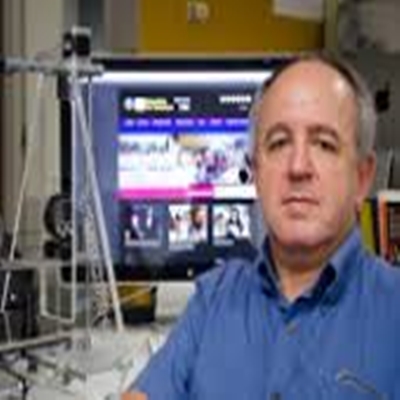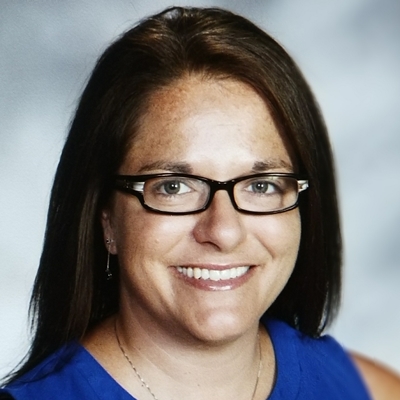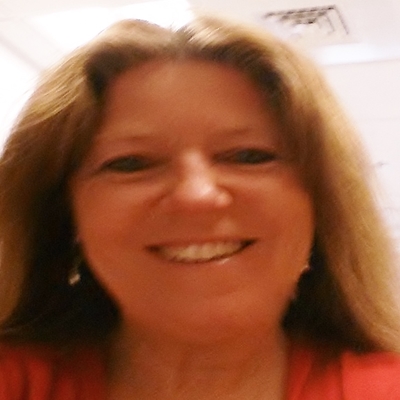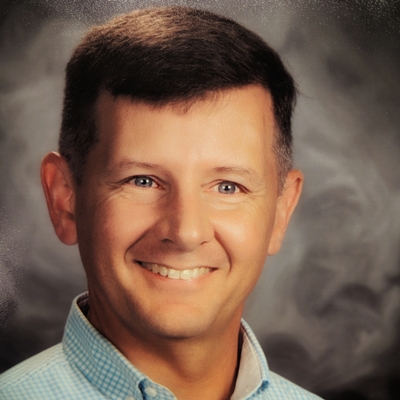Other Speakers- Evelyn Oropeza, Science and Mathematics Department – Columbia College Chicago, Coordinator of Community Engagement
Presentation Title: Promoting STEAM in formal and informal settings through Project Based Learning (PBL)
Abstract: The main goal of the workshop is to show that STEAM education is
not the implementation of learning in one or two of the disciplines, but in the
INTEGRATION of all of these disciplines to facilitate the student/participant/user the
knowledge, tools and skills to adapt to the new challenges. After the
workshop participants will: have a clear understanding of how to use PBL to promote the integration of STEM in their classroom; have a better understanding of the NGSS Scientific and Engineering Practices; see the integration of all the disciplines of STEAM to produce the final product of the project; understand the need of interdisciplinary learning to promote STEM literacy in the student body; design and build a well-tuned four note chime. Participants will have a first-hand experience of a model that promotes the integration of STEAM in the classroom using PBL. Participants will explore the NGSS Scientific and Engineering practices needed to develop the desire project, in this case: a musical instrument. Participants will explore what content knowledge topics they need to know and the skills they need to acquire to successfully build a well tune musical instrument and then proceed. Each participant will build a well-tuned four note chime. A discussion about potential ways for implementing this kind of PBL’s in the classroom will follow the building activity. It is expected that after the workshop participants will be able to take with them useful insights that will contribute to improve their STEAM learning experiences in their places of work and learning.
Biography: Marcelo Caplan Associate Professor, Science and Mathematics Department, Columbia College Chicago. In addition to my teaching responsibilities, I am involved in the community engagement programs and activities of the department. I am the coordinator of three outreach programs: 1) the NSF-ISE project “Scientists for Tomorrow,” which goal is to promote Science Technology Engineering and Mathematics (STEM) learning in community centers in the Chicago area; 2) the Junior Research Scientists program funded by After School Matters of the City of Chicago to promote STEM for high school students; and 3) a collaboration with the Center for College Access and Success at Northeastern University to promote STEM learning in their Upward Bound Math & Science program, also oriented for high school students. Also I am the Co-Chair of the STEAM conference for students. We have implemented the conference for seven years. In the last year we counted with more than 800 attendees and 40 parallel sessions led by students. More information regarding the mentioned programs can be found at www.scientistsfortomorrow.org




